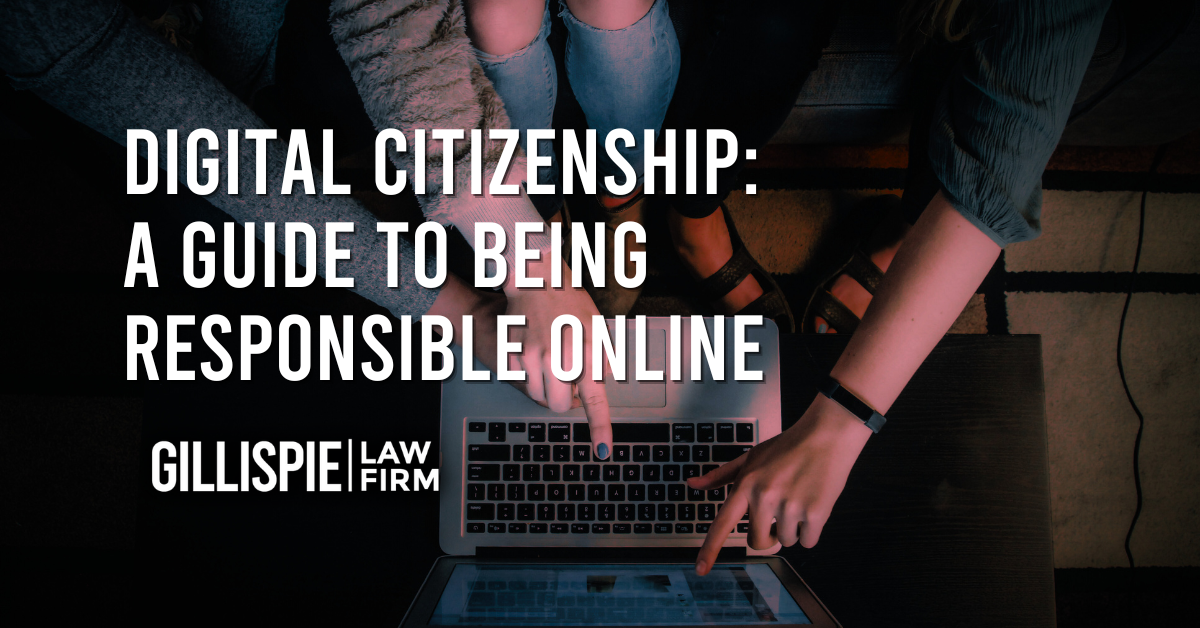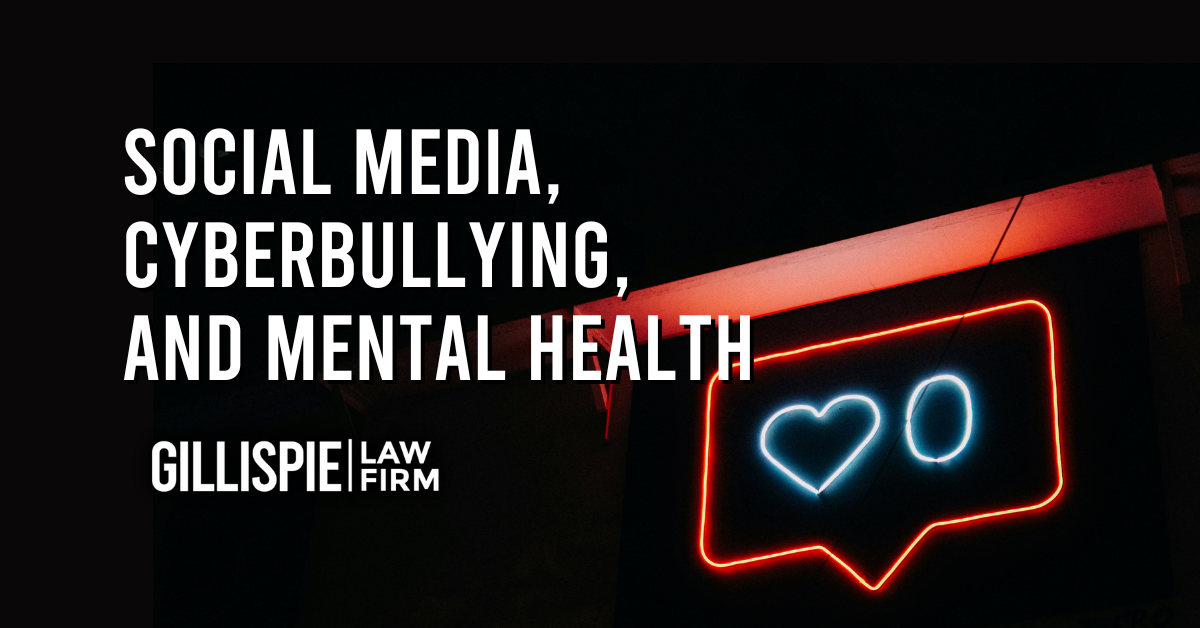Acting Out, Or… : Signs Of Child Sexual Abuse
As a parent, you try to be a friend, protector, teacher – in short, everything for your children. It is easy to say that you are always going to be there if they need help, but sometimes you child may feel that there are certain things they are unable to tell you. They may feel like they will be in trouble or that what has happened is their fault. This is almost always true if your child has been sexually abused. Children find it very difficult to communicate they’ve been abused and many incidents go unreported. According to Darkness to Light, a child abuse prevention organization, 1 in 10 children deal with child abuse before their 18th birthday. Even if a child cannot communicate their abuse verbally, there are signs of child sexual abuse that you can look for.
What Are The Signs?
How a child responds to sexual abuse will never mirror another child. Broadly speaking, one child may become shy and reserved but have angry outbursts when overwhelmed, while another maintains a happy demeanor when socializing but self-harms when alone. A child may not just ‘get over it’ either, as multiple studies have suggested that child sexual abuse has been correlated with long-term adversities such as depression, alcoholism, and drug abuse. It is important to note that some of these signs and behaviors overlap with other developmental stage behavior – like a wish to be alone, tantrums, or social isolation. As parents, we need to be able to determine if the cause is from trauma and abuse or because they’re growing.
Behavioral Signs of Child Sexual Abuse
- A sudden urge to act younger than their age or indulge in activities that they are too young for
- An abrupt change in their personality and behavior
- A newfound fear of being alone or left behind with a certain person
- Unexplained fear of certain places or people
- Apprehensive about being touched, particularly in sensitive areas
- A decline in their grades or interest in extra curriculars
- A new lack of hygiene or willingness to maintain their appearance
- Indulging in physical harm or self harm
- Imitating older-than-age sexual behavior with friends, toys or pets
- A new interest in their private body parts – may include excessive touching, staring, etc.
- Abrupt onset of nightmares or other sleep issues
- Drawing pictures of genitals or sexual content
Physical Signs of Child Sexual Abuse
- Sudden changes in their diet
- Developing eating disorders
- Not being able to sleep at night
- Regression towards outgrown behavior, such as wetting the bed
- Unexplained stomach-aches and pain
- Pain or itching in their genitals
- Bloody discharge from their genitals
- Rectal bleeding or underwear that you find stained with blood
- Problems with walking, laying down or even sitting
- Sexually transmitted diseased or infections
Psychological Signs of Child Sexual Abuse
- Severe anxiety or depression
- A rapid shift in mood
- Dissociation
- Avoidance
- Isolation
- Alcohol addiction
- Substance abuse
- Impulsivity and an indiscriminate attitude towards sex
- Increase in rebellious behavior that is not appropriate for their age
- Anger
- Impaired sense of self – low self-esteem or body dysmorphia
Taking Action Might Not Be Easy – But It’s Very Important
Typically, children are reluctant to disclose sexual abuse; they cay be scared, ashamed, embarrassed, or think they are going to get in trouble. If they cannot tell you with words, then may be telling you with their behavior. That is why, as parents, we need to ensure we are prioritizing our children’s needs and behaviors over any other person. They may not speak out because their abuser is, 90% of the time, someone they know (30% of the time it is someone in their immediate or extended family).
Most importantly, be open and patient with your child. They may try to tell you about the sexual abuse, but they don’t have the words or confidence. They may tell you about an incident that happened to a ‘friend’ when they really mean themselves. If you have a gut feeling something is wrong, sit them down and talk with them. If you’re suspicious of anything there are resources available to you and your child (US).



